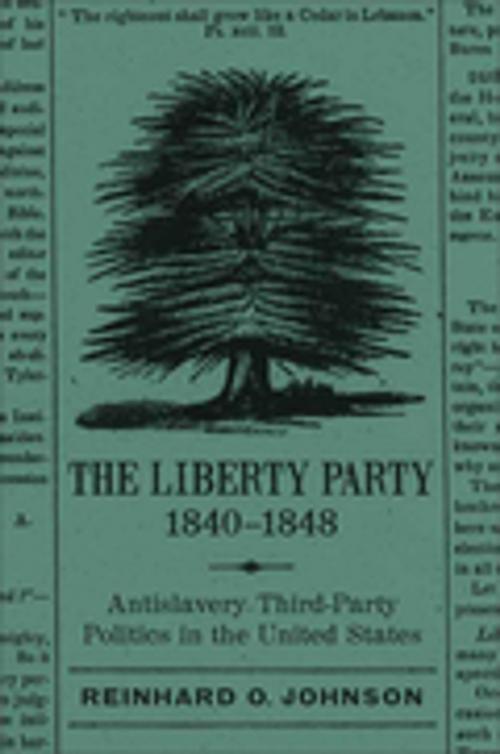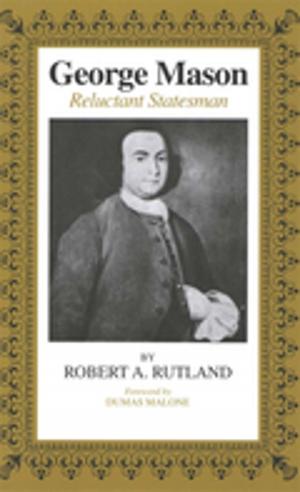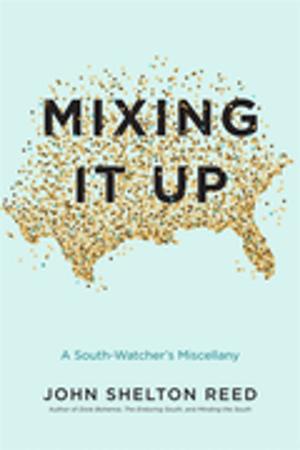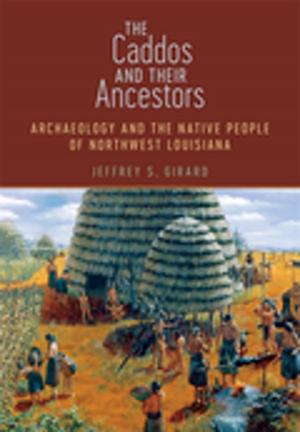The Liberty Party, 1840-1848
Antislavery Third-Party Politics in the United States
Nonfiction, Social & Cultural Studies, Political Science, Government, Political Parties, Social Science, Discrimination & Race Relations, History, Americas, United States| Author: | Reinhard O. Johnson | ISBN: | 9780807142639 |
| Publisher: | LSU Press | Publication: | June 15, 2009 |
| Imprint: | LSU Press | Language: | English |
| Author: | Reinhard O. Johnson |
| ISBN: | 9780807142639 |
| Publisher: | LSU Press |
| Publication: | June 15, 2009 |
| Imprint: | LSU Press |
| Language: | English |
In early 1840, abolitionists founded the Liberty Party as a political outlet for their antislavery beliefs. A mere eight years later, bolstered by the increasing slavery debate and growing sectional conflict, the party had grown to challenge the two mainstream political factions in many areas. In The Liberty Party, 1840--1848, Reinhard O. Johnson provides the first comprehensive history of this short-lived but important third party, detailing how it helped to bring the antislavery movement to the forefront of American politics and became the central institutional vehicle in the fight against the "peculiar institution."
As the major instrument of antislavery sentiment, the Liberty organization was more than a political party and included not only eligible voters but also disfranchised African Americans and women. Most party members held evangelical beliefs, and as Johnson relates, an intense religiosity permeated most of the group's activities. At least eight U.S. senators, eighteen members of the House of Representatives, five state governors, and two justices of the Supreme Court were among the many Liberty Party members with distinguished careers in the public and private sectors. Though most early Liberty supporters came from the Whig Party, an increasing number of former Democrats joined the party as it matured.
Johnson discusses the Liberty Party's founding and its national growth through the presidential election of 1844; its struggles to define itself amid serious internal disagreements over philosophy, strategy, and tactics in the ensuing years; and the reasons behind its decline and merger into the Free Soil coalition in 1848. Since most Liberty Party activities occurred at the state level, Johnson treats the history of each state party in considerable detail, demonstrating how the party developed differently state by state and illustrating how these differences blended with the national view of the party.
Informative appendices include statewide results for all presidential and gubernatorial elections between 1840 and 1848, the Liberty Party's 1844 platform, and short biographies of every Liberty member mentioned in the main text of the book. Epic in scope and encyclopedic in detail, The Liberty Party, 1840--1848 will serve as an invaluable reference for anyone interested in nineteenth-century American politics.
In early 1840, abolitionists founded the Liberty Party as a political outlet for their antislavery beliefs. A mere eight years later, bolstered by the increasing slavery debate and growing sectional conflict, the party had grown to challenge the two mainstream political factions in many areas. In The Liberty Party, 1840--1848, Reinhard O. Johnson provides the first comprehensive history of this short-lived but important third party, detailing how it helped to bring the antislavery movement to the forefront of American politics and became the central institutional vehicle in the fight against the "peculiar institution."
As the major instrument of antislavery sentiment, the Liberty organization was more than a political party and included not only eligible voters but also disfranchised African Americans and women. Most party members held evangelical beliefs, and as Johnson relates, an intense religiosity permeated most of the group's activities. At least eight U.S. senators, eighteen members of the House of Representatives, five state governors, and two justices of the Supreme Court were among the many Liberty Party members with distinguished careers in the public and private sectors. Though most early Liberty supporters came from the Whig Party, an increasing number of former Democrats joined the party as it matured.
Johnson discusses the Liberty Party's founding and its national growth through the presidential election of 1844; its struggles to define itself amid serious internal disagreements over philosophy, strategy, and tactics in the ensuing years; and the reasons behind its decline and merger into the Free Soil coalition in 1848. Since most Liberty Party activities occurred at the state level, Johnson treats the history of each state party in considerable detail, demonstrating how the party developed differently state by state and illustrating how these differences blended with the national view of the party.
Informative appendices include statewide results for all presidential and gubernatorial elections between 1840 and 1848, the Liberty Party's 1844 platform, and short biographies of every Liberty member mentioned in the main text of the book. Epic in scope and encyclopedic in detail, The Liberty Party, 1840--1848 will serve as an invaluable reference for anyone interested in nineteenth-century American politics.















